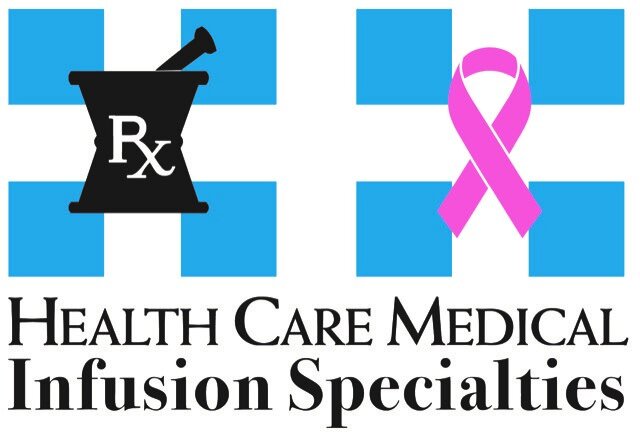Migraine and Headache Awareness Month
What Is a Migraine Cocktail?
Combinations of medications and treatments informally referred to as a “migraine cocktail” can occur at home, in an outpatient infusion center, an emergency department or when someone is admitted to hospital for treatment of migraine.[1] If you go to the emergency department with a migraine attack, you may receive this combination through an IV.
The exact combination could be different for every patient, but the treatment often includes non-steroidal anti-inflammatory drugs (NSAIDs) such as ketorolac. A person may also receive magnesium, certain medications to reduce nausea or vomiting, diphenhydramine (Benadryl®), dihydroergotamine or fluids to help them with their hydration. If you’re admitted to the hospital for treatment, you may receive multiple doses or a continuous infusion over several days. If this treatment works for you, be sure to get a record of what you received. This way, ER doctors will know what to do in case you require similar treatment in the future.
When Would Someone Receive a Migraine Cocktail?
This combination of medications is given to treat a severe migraine attack that isn’t responding to a person’s typical medications or OTC medicine or an attack that lasts over 72 hours (also known as status migrainosus). “When your migraine attack has gone on longer than that, then that’s when we’re starting to be a bit more aggressive to see if we can get it to stop,” says Dr. Robblee.
How long this solution offers relief can vary from person to person. Usually, once a combination works for someone, Dr. Robblee finds that they will have consistent relief with future attacks. Still, that response can evolve and change over time. “The goal is to get the attack gone and get you back to your baseline. So, if you’re someone who’s usually headache-free, it gets you headache-free,” she says.
Who Administers a Migraine Cocktail?
During a hospital visit, a doctor, nurse practitioner or physician assistant will check in with you. But a nurse is often the person who administers the medications. The nurse will start the IV, check vitals and see how you respond to the medication.
If you frequently have debilitating migraine attacks, your doctor may prescribe a backup treatment to take at home. This backup treatment is often a combination of medications you’ve received and had a good response to in the past. Your doctor may also set up a way for you to schedule and receive the medications at an infusion clinic. This plan allows you to avoid the ER when you have an extreme migraine attack.
HyVIta Alleviate
HyVIta Alleviate is designed to provide migraine relief to potentially avoid an unnecessary visit to the ER. This treatment will give relief from pain and discomfort, as well as treat nausea and vomiting and reduce anxiety and tension by controlling blood pressure. Ask us about whether HyVIta Alleviate may help you for your migraines at (769) 233-8484.
About Health Care Medical Infusion Specialties
Trusted for two decades by patients, hospital systems, and health care institutions statewide, Health Care Medical Infusion Specialties is Mississippi’s leading and most comprehensive provider of infusion services, nutritional and immunity IV therapy, and durable medical equipment for adults and children.
[1] https://americanmigrainefoundation.org/resource-library/migraine-cocktail/, Accessed 5/14/24.
